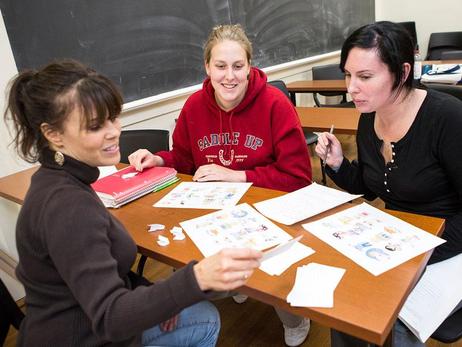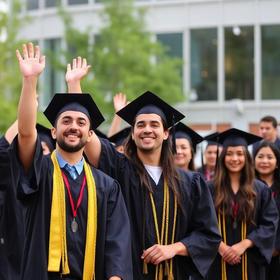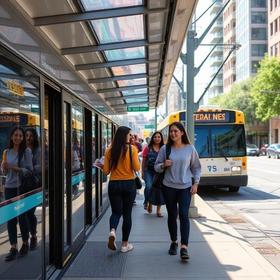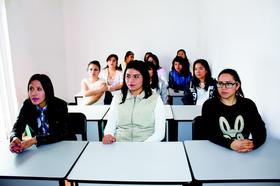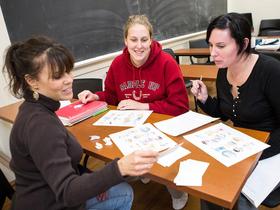Education is frequently touted as the great equalizer in today’s society, but a number of educators are now suggesting the education system may not be doing its job in effectively reducing disparities. Recent studies also seem to support these claims, offering evidence in the form of standardized test scores and college completion rates that suggest all things may not be created equal in the world of academia today. Does higher education at community colleges perpetuate this inequality, or is it the solution today’s society needs to reduce concerning disparities? The answer to that question may be yes on both counts.
In this video, Dr. Pedro Noguera discusses the role of community colleges in reducing racial inequality in education.
Colleges Increasing Access, Not Completion Rates
Inequality does not appear to be a result of restricted access to higher education opportunities. Since the recession, students have been heading to institutions of higher education in droves, whether to train for a new career or launch a successful field of study right out of high school. The increased enrollment at community colleges, in particular, has broadened the field to students from all economic and cultural backgrounds, guaranteeing a more diverse student body at many institutions across the country.
Unfortunately, the increased access to community colleges does not necessarily lead to higher completion rates. In fact, graduation rates at many community colleges are downright dismal – with



